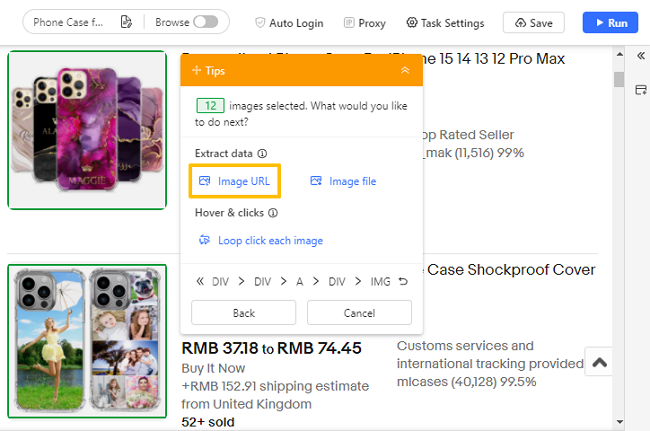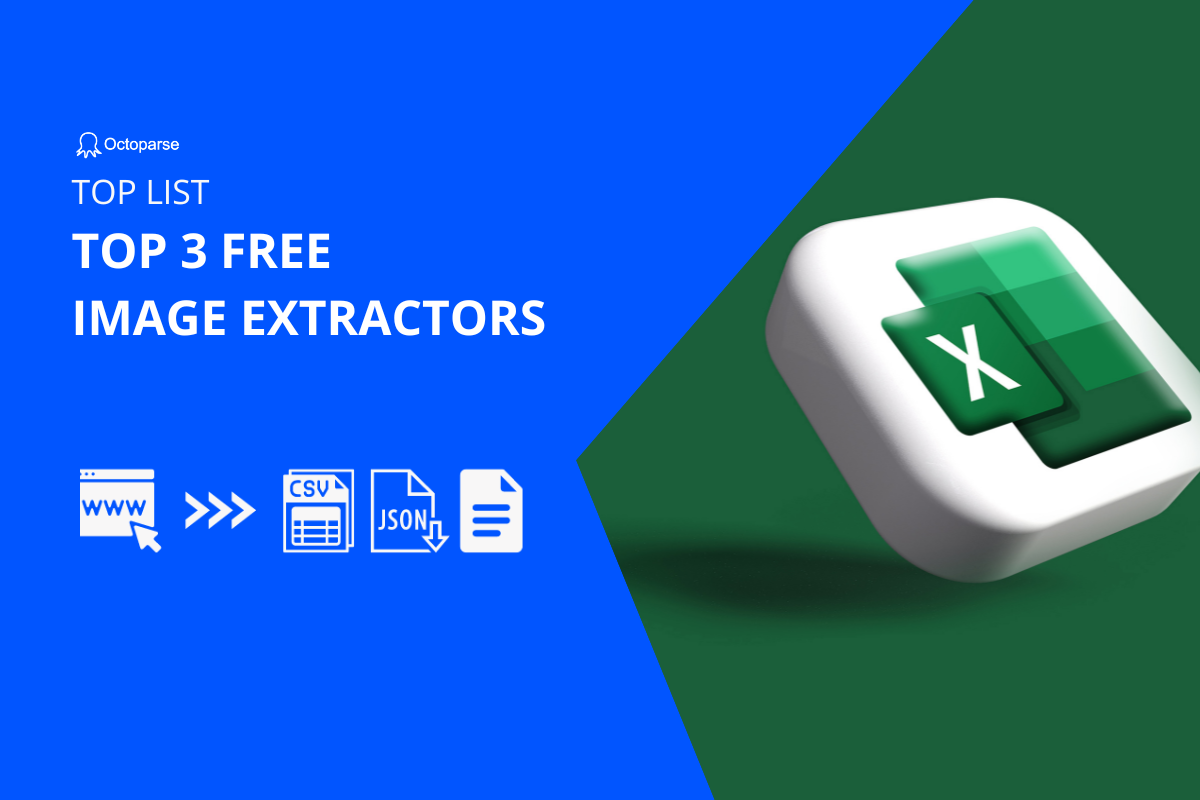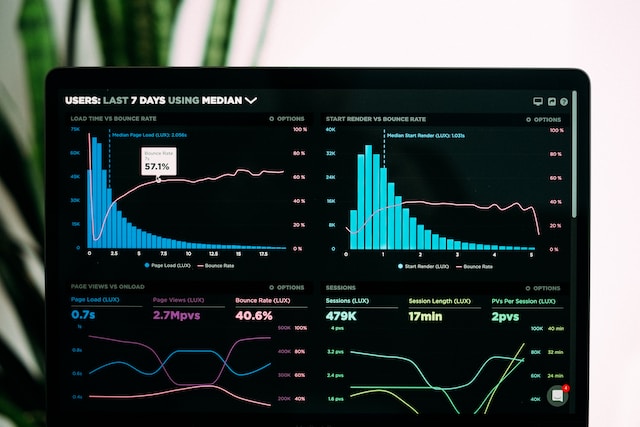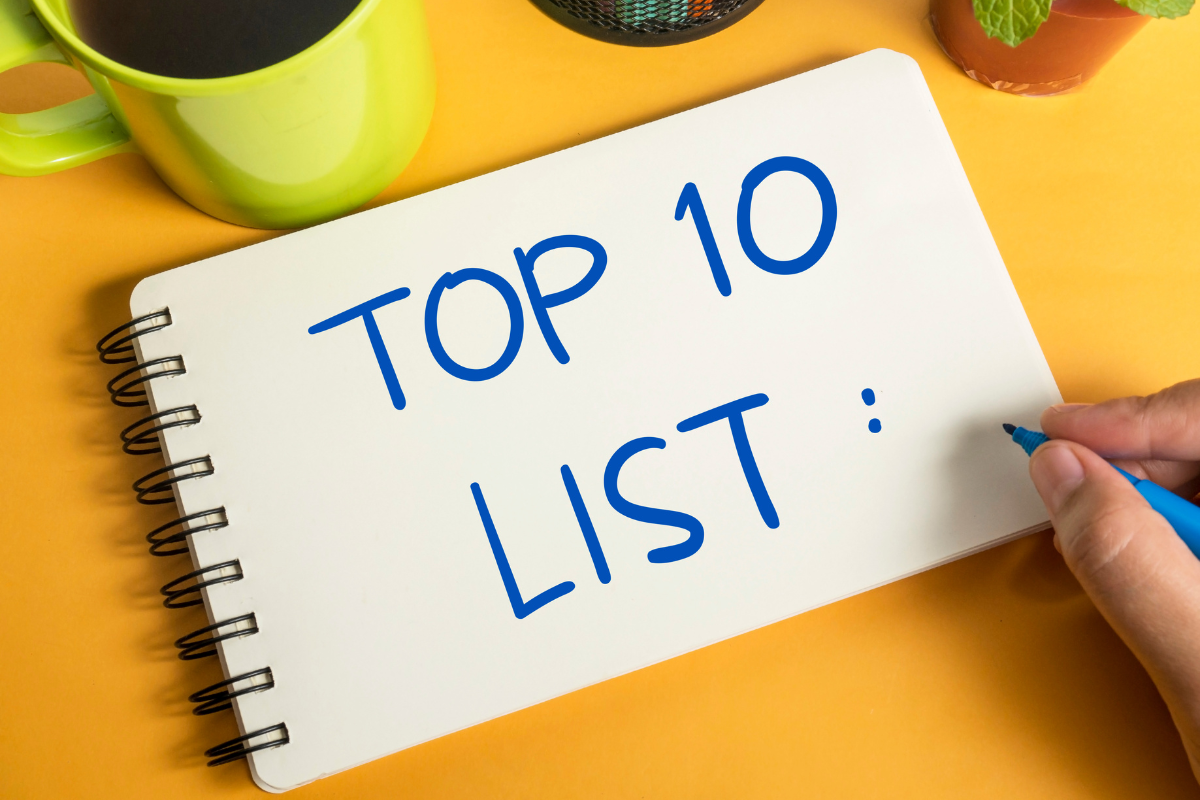As the philosophies of artificial intelligence and big data spread, you may need to extract data from many links. Extracting all the hyperlink addresses on the webpage is the very first and most important thing in this term. It allows you to explore each URL to gather various web elements, such as images, text, or links within the hyperlink, for further analysis.
A more intelligent link extractor can make the extraction process more efficient and contribute to SEO analysis, competitor analysis, content creation, and more. This post will introduce you to the TOP 10 web scraping tools for extracting links.
10 Best Tools for Extracting URLs
Web Scraping Solution
TOP 1: Octoparse (Most Easy-to-use Link Extractor)
Octoparse is such a powerful yet free web scraping tool that allows you to extract inner/outer HTML and links from different scopes of tags. It’s a no-code solution for anyone to scrape data without writing any line of code.
Hyperlinks are clickable URLs that open new pages or direct you to new websites. When you get URLs, you can access and download the corresponding file or image via these links. While scraping links using Octoparse, you only need to click on your target data and select Link from the Tips panel. In addition, by clicking on images on the page and selecting Image URL from the Tips panel, you can grab their links. Besides extracting links, Octoparse can grab various elements from websites. Whatever you need text or HTML, you can set up a scraper in easy steps using Octoparse.

TOP 2: Apify
Apify is a platform for web scraping. Users can find ready-made tools and code templates to extract data from websites. Many link extractors are designed and uploaded by developers available on Apify, and most of them are user-friendly and allow you to manage web scraping tasks without extensive programming knowledge. However, if you have zero experience in coding, the learning curve might be steep.
TOP 3: Bright Data
Bright Data is a company that offers web data collection services to B2B companies. It provides users with various tools and APIs for web scraping for diverse purposes. URL Scraper on Bright Data is preset, and you can apply it to collect URLs from e-commerce sites, social media, real estate websites, and more. But please pay attention to the cost. Using Bright Data’s services might be costly if you have high-volume or intensive scraping needs.
TOP 4: WebHarvy
WebHarvy is a point-and-click web scraping software for users to extract web data, including URLs, with ease. When you scrape URLs using WebHarvy, you can use its preset Regular Expression to get links from HTML rather than writing one by yourself.
Chrome Extension
TOP 5: Link Grabber
Link Grabber is an extractor, especially for hyperlinks on HTML pages. Because it’s a Chrome extension, it’s lightweight and easy to use. It can also filter links by substring match and group links by domain, so you can save time to cleanse scraped data. But it can only extract links on websites, if you need more data like text and images, it’s probably not the best choice.
TOP 6: Link Gopher
This is another lightweight tool with a focus on extracting links. It can scrape all links from a web page, including embedded links, sort them, remove duplicates, and display them in a new tab for copy and paste. Using this tool to extract links only requires one click to choose the Extract option, and then you can get the URLs you want. But as mentioned, you cannot export scraped into files directly but copy and paste them into other systems by yourself.
TOP 7: Link Klipper
Link Klipper is one of the most popular link extractors in the Chrome Web Store. It’s simple but powerful and helps you extract all the links on a webpage and export them to a file. You can custom-drag an area on the website and scrape all the links in this area based on your needs. However, you can only export all the scraped data as a CSV file using this extension. If you need to store data in other formats for data analysis, you need to spend more time converting the format from CSV.
Coding Solution
TOP 8: Beautiful Soup (Python)
Beautiful Soup is a popular Python library for pulling data from HTML and XML files. It can handle poorly formatted HTML well and provides a simple and intuitive API for navigating and extracting data from HTML documents. If you’re familiar with coding, it can be a flexible and effective method. Here is the example code that shows how Beautiful Soup scrapes links from a website.
TOP 9: Scrapy (Python)
Scrapy is a powerful and flexible open-source web crawling and web scraping framework written in Python. You can find a complete toolset for data extraction in Scrapy, including links. One of the most significant advantages of Scrapy is well-suited for large-scale scraping tasks, supporting distributed crawling and handling complex scenarios effectively. Below is the example code for extracting links using Scrapy.
TOP 10: Selenium (Various Languages)
Selenium is known as a web automation tool used for testing applications. But it can also be utilized for web scraping tasks. Compared to other Python libraries, Selenium visualizes the scraping process, making it easier to debug and verify the extracted links. But, in terms of scraping speed, Selenium might be relatively slower compared to Beautiful Soup or Scrapy, especially for large-scale scraping tasks.
Wrap Up
Extracting links plays an essential role in market research. It enables data collection for research, SEO analysis, lead generation, etc. In addition, it supports market research and brand monitoring that contribute to marketing strategies and compliance efforts. Regardless of the industry you are in, you can benefit from using link extractors. Hope you can find the right link scraping tools in this post and boost your business with the help of web scraping.




